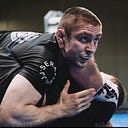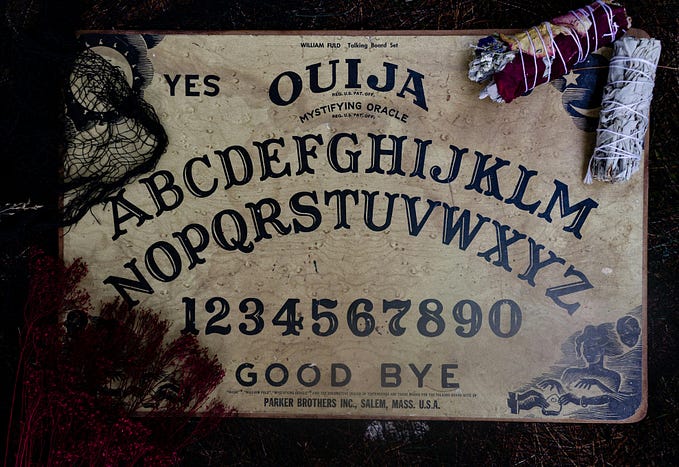What if They Taught the Police Brazilian Jiu-Jitsu?
The results might surprise you.

If there’s anything I feel qualified to speak on, it’s the physical and mental health benefits of martial arts. I have a lifetime of experience in combat sports, specifically wrestling and Brazilian Jiu-Jitsu.
Okay, I lied. Not really a lifetime of experience—nearly 12 years to be exact. But for teenage victims of police brutality like 13-year-old Adam Toledo, that is a lifetime.
The most frustrating part about the worldwide police brutality problem is that there aren’t really any “good” solutions being thrown around to combat the outrage. One argument that was suggested in my inner circles is that requiring police officers to learn martial arts — like Brazilian Jiu-Jitsu—could help reduce instances of police brutality.
At first, I thought this was bro-science. I really didn’t think that improved police training would do anything to fix a clearly broken law enforcement system. However, new evidence has recently been presented that offers a new perspective on just how important proper training can be for reducing violent police encounters.
These numbers are undeniably interesting, and they certainly warrant deeper exploration.







